All Tools
You can filter the Tools by main category (e.g. complexity, strategy) and by subcategory (terms on the top of each tool card). You can find more information about the key LHS components and the subject terms used at Learning Healthcare Systems website, LHS components.
The Highly-reliable Learning Health System Framework
This case study introduces a new framework that combines the High-reliability Health Care and Learning Health Systems frameworks, describing several organizational efforts that utilized this framework at UC San Diego. Find more information here: by: sarahgilman
Developing a Sustainble Computable Biomedical Knowledge Infrastructure
This tool summarizes several years of discussion among members of the Mobilizing Computable Biomedical Knowledge Technical Infrastructure Working Group, which culminates in three guiding principles and recommendations for developing a sustainable Computable Biomedical Knowledge infrastructure. Find more information here: …
Kaiser Permanente DARE Implementation Checklist
This tool describes a one-page implementation planning checklist based on core concepts of existing implementation science frameworks. This tool may be helpful for teams and organizations in healthcare settings that can adapt and use this checklist for rapid-cycle innovation and…
Framework for Understanding, Designing, Developing, and Evaluating LHS
This tool presents an evidence-based framework that helps users to understand, design, develop, and evaluate Learning Health Systems. Posted by: sarahgilman
The Neotree Experience
This case study describes the co-development and piloting of the Neotree system, which uses an Android-based application in Bangladesh, Malawi, and Zimbabwe to support healthcare professionals and patients and provide insights into population health trends in newborn healthcare quality improvement.…
Alliance for Healthier Communities journey to a LHS in primary care
This case study describes the Alliance for Healthier Communities’ journey to a learning health system in primary care. The case study provides useful examples from organizational culture, data and analytics, people and partnerships, and other areas. Find more information here:…
The behavior change wheel: A framework for designing and describing behaviour change interventions
This tool introduces the behavior change wheel (BCW), a framework that can be used to characterize and design behavior change interventions. This may be a useful framework for LHS’s given that behavior change at several levels is integral to the…
Defining organizational readiness for change
This tool defines and describes organizational readiness for change (ORC), including the conditions that promote ORC and the outcomes expected to result from it. Find more information here: by: sarahgilman
Integrating patient involvement in the learning health system
This tool provides readers with suggestions to better integrate patient, caregiver, and community involvement into learning health systems. It offers questions and recommendations to determine if and how health systems actively include patients, caregivers, and communities in their LHS. Find…
The learning health system in primary care: a case study of a general practice using the learning health system framework
This case study describes the degree to which a large general practice operates within an LHS framework and explores staff acceptability towards the LHS model. Find more information here: by: sarahgilman
Meta-consent for the secondary use of health data within LHSs
Many current consent models do not support the agility and transparency required for the secondary use of health data within LHSs. This tool explores the acceptability of the meta-consent model for secondary use of health data for research purposes. Find…
Roadmap for embedding health equity research into learning health systems
This tool is a health equity roadmap developed by NYU Langone. It can serve as an organizing framework for pragmatic research in healthcare systems wishing to target and eliminate health inequities. This article outlines each element of the roadmap. Find…
Scoping Review: Individual and System Competencies for Operationalizing LHS
This tool is a scoping review that identifies and describes the requisite individual competencies (knowledge, skills, and attitudes) and system competencies (capacities, characteristics, and capabilities) described for operationalizing LHS. Find more information here: by: sarahgilman
Case Study: James M Anderson Center for Health Systems Excellence Learning Health Networks
This is a case study describing the experience of the James M. Anderson Center for Health Systems Excellence as an LHS that develops and maintains multisite, practice-based clinical networks that use data for research and improvement. Find more information here:…
A logic model for LHS evaluation
This tool presents a logic model for evaluating LHSs based on Kaiser Permanente Washington’s experience. It may be helpful for organizations that want to establish, implement, or evaluate an LHS. Find more information here: by: sarahgilman
PROMIS Measures
This tool presents a repository of validated person-centered measures that evaluate and monitor physical, mental and social health in adults and children, including those living with chronic conditions. PROMIS® (Patient-Reported Outcomes Measurement Information System) is a set of person-centered measures…
Machine Learning for Healthcare
This tool provides an overview of the potential impact of machine learning (ML), as well as potential barriers to ML. This may be helpful to organizations seeking to use ML to design, test, and deploy new solutions. Find more information…
The PARiHS Framework for translating research to practice
This tool presents the PARiHS (Promoting Action on Research Implementation in Health Services) framework as a way to implement research into practice. It examines interactions between three key elements for knowledge translation: evidence, context, and facilitation. Find more information here:…
A conceptual framework for value-creating LHSs
This tool is a paper that presents a conceptual framework that has been developed in Canada to support the implementation of value-creating LHSs. The framework describes four elements that characterize LHSs: (1) core values, (2) pillars and accelerators, (3) processes,…
Theoretical Domains Framework: Using the framework to assess implementation
This tool is a guide to using the Theoretical Domains Framework of behavior change to assess implementation problems and support intervention design. Find more information here: by: sarahgilman
The Stages of Implementation Completion (SIC)
This tool is a measure used to monitor and evaluate the completion of implementation activities, the length of time taken to complete activities, and the proportion of activities completed. The Stages of Implementation Completion (SIC) was developed to measure the…
RE-AIM and PRISM Framework
This tool presents RE-AIM and PRISM, an integrated framework for improving the adoption and implementation of evidence-based interventions in health and other settings. This tool may be helpful for the design or evaluation of LHSs. Find more information here: …
Positive Deviance Analysis
This tool describes how positive deviance analysis (learning from high-performance teams and organizations) can provide a useful framework for implementing and improving LHSs. Find more information here: by: sarahgilman
Architectural frameworks for Implementing LHS
This tool presents an architectural framework(a high-level system model)grounded in the LHS literature. Applying this framework may help guide the development, implementation, and improvement of LHSs. Find more information here: by: sarahgilman
- Adaptation over Time, Behaviour, Co-Design, Culture, Learning Communities, Mobilising Knowledge, Structure
Learning Communities Facilitator Handbook
This tool will benefit those wanting to develop or explore the concept of Learning Communities: a group of peers who come together in a co-designed space to share their judgments and uncertainties about their practice and share ideas or…
Developing and evaluating complex interventions (MRC)
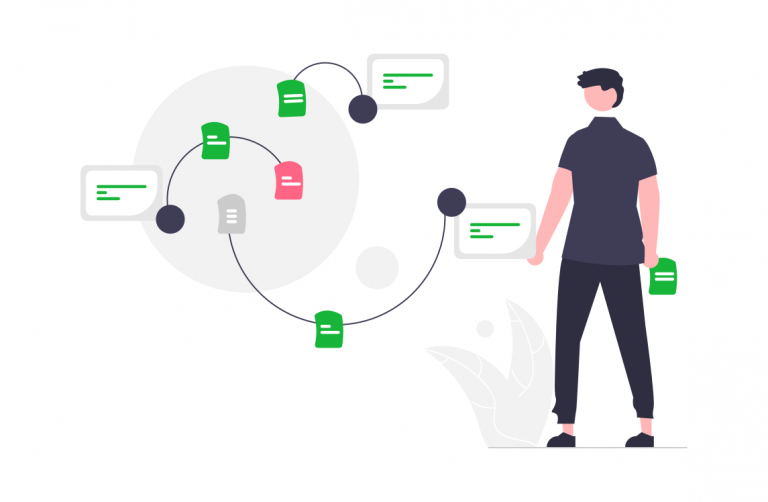
Network Maturity Grid
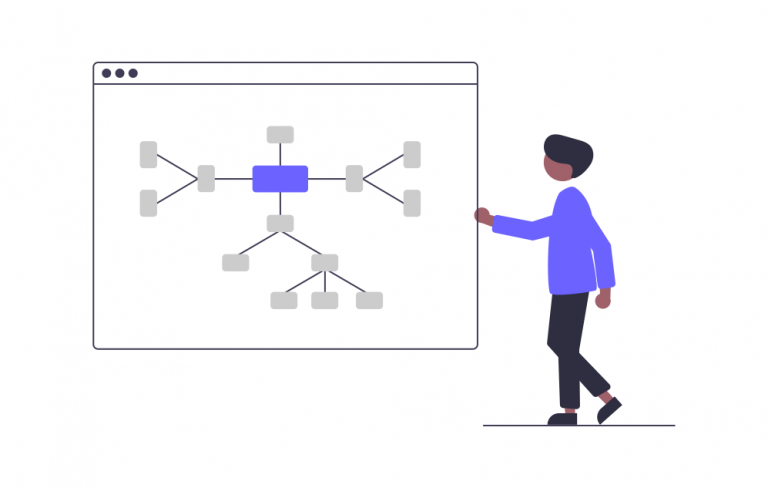
Difference-in-difference (DiD) regression

A Guide to Co-design Capability
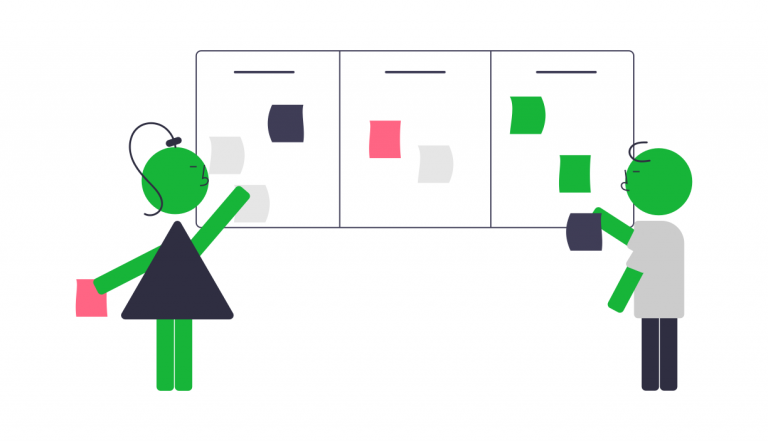
Systematic Review: IS and Quality

Complexity Science in Healthcare

Consolidated framework for implementation research (CFIR)

Outcomes for Implementation Research

Learning Communities and Measuring Impact

Knowledge to Action (KTA) framework

Research Lifecycle Model

SNOMED CT

Defining Learning Communities
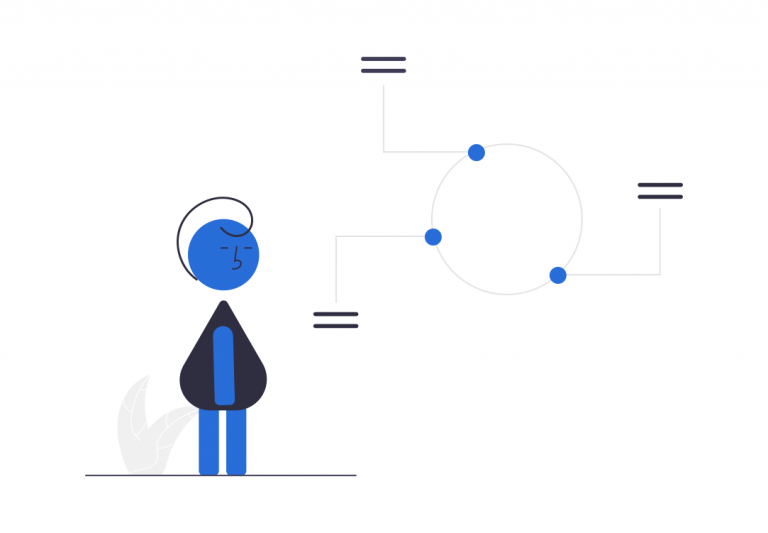
HL7 FHIR in Health Records

HL7 FHIR Interoperability Standard
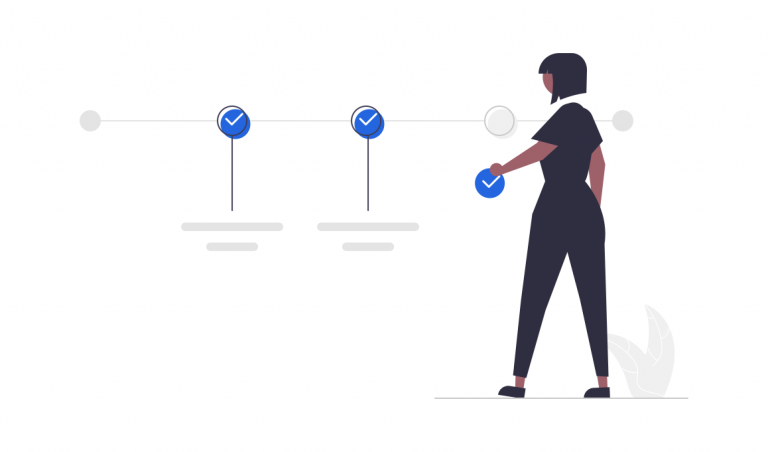
Data Interoperability Maturity Model

Open-Source Technology Dashboards

UK Information Comissioner’s Office

CDC Health Information & Privacy

NHS Information Governance

Figshare Data Repository and Storage

Distributed Health Data Networks

ZENODO Data Repository and Storage

Data, Insights and Statistics (NHS)

W3C Provenance Data Model
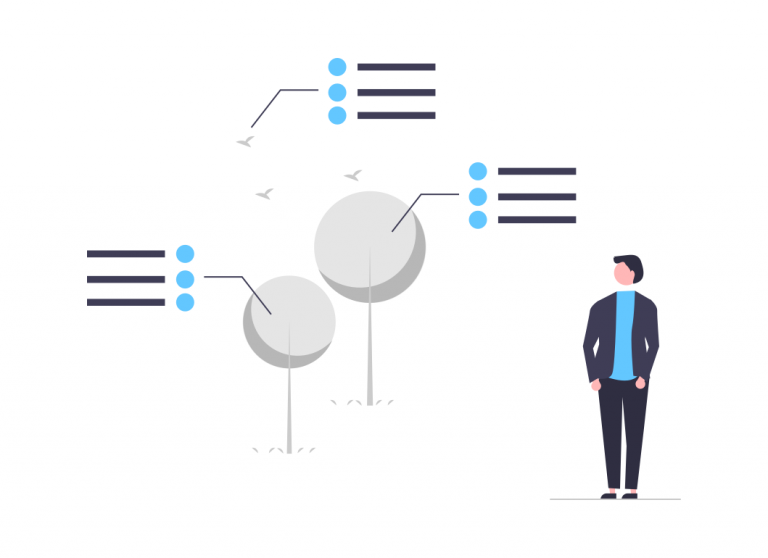
Dublin Core Metadata Initiative (DCMI)

Value-Creating Learning Health Systems

Healthcare Variant-Cynefin Framework

Model for Telemedicine Assessment

Benchmarking

Organisational Change Model (OCM)

Strengthening Quality in Healthcare

Cynefin Framework

SWOT Analysis

Scoping Review: current LHS knowledge

